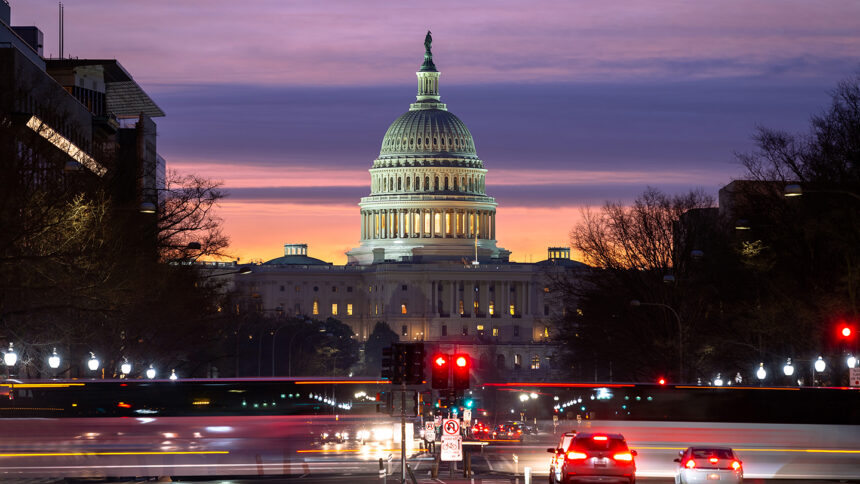
Nursing home providers should not see any interruption in Medicaid and Medicare benefits during a short-term government shutdown, experts and sector observers said as Congress moved closer to the precipice this week.
The Centers for Medicare & Medicaid Services has “sufficient funding” for Medicaid through the end of the year, due to its allocation under the federal government’s 2023 appropriations, the Department of Health and Human Services said. But the agency has not said if all activities — such as nursing home surveys and facility site visits — will continue.
Both LeadingAge and the American Health Care Association/National Center for Assisted Living said they’re closely monitoring the day-to-day information trickling out of Washington, DC, on budget negotiations. On Wednesday, House leaders rejected a Senate bill that could have bought more time before a closure and furloughs.
“We encourage Congress to come to a swift resolution to bring forth stability and a fully operational federal government,” said Clif Porter, AHCA’s senior vice president of government relations, earlier this week.
Overall, just 27% of federal spending is “discretionary,” which means Congress must approve it annually, and it’s that portion that will be affected by a shutdown. The rest of government spending is considered “mandatory” and continues operating per usual. This includes Medicaid and Medicaid payments.
It remains unclear what impact staff furloughs will have on CMS activities. The agency has said that the federal exchange program, which includes eligibility verification for programs such as Medicaid, will continue. But in the event of a lapse in appropriations, just 49% of CMS staff — 3,236 employees — will be retained. That covers staffers whose positions are already funded, are otherwise exempt due to the position, or who engage in activities that are “deemed necessary,” according to the agency’s contingency plan.
Five percent of CMS staff are considered to be “excepted” and can continue working even if there is a lapse in appropriations.
“These excepted CMS employees will primarily be working to ensure that funded activities (i.e., the Medicare program) continue operations,” the agency’s contingency plan said.
Congress has until the end of Saturday to pass a spending deal to keep the government open. There have been 14 shutdowns since 1981, with most lasting just a few days. Over about the last decade, though, budget impasses have become substitute political fights between Congress and the White House, or between the parties in Congress with the White House encouraging the two sides to reach a deal.
The Office of Management and Budget has advised federal agencies to update their shutdown plans, and OMB will continue providing updates and notices on whether to inform employees they have been furloughed or should report to work after Oct. 1.



